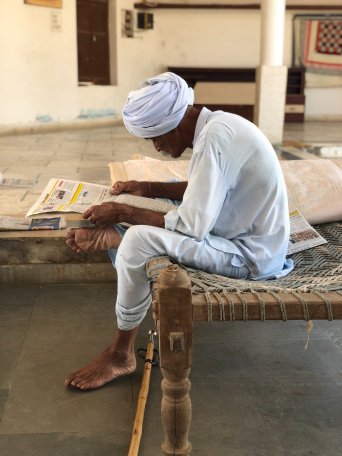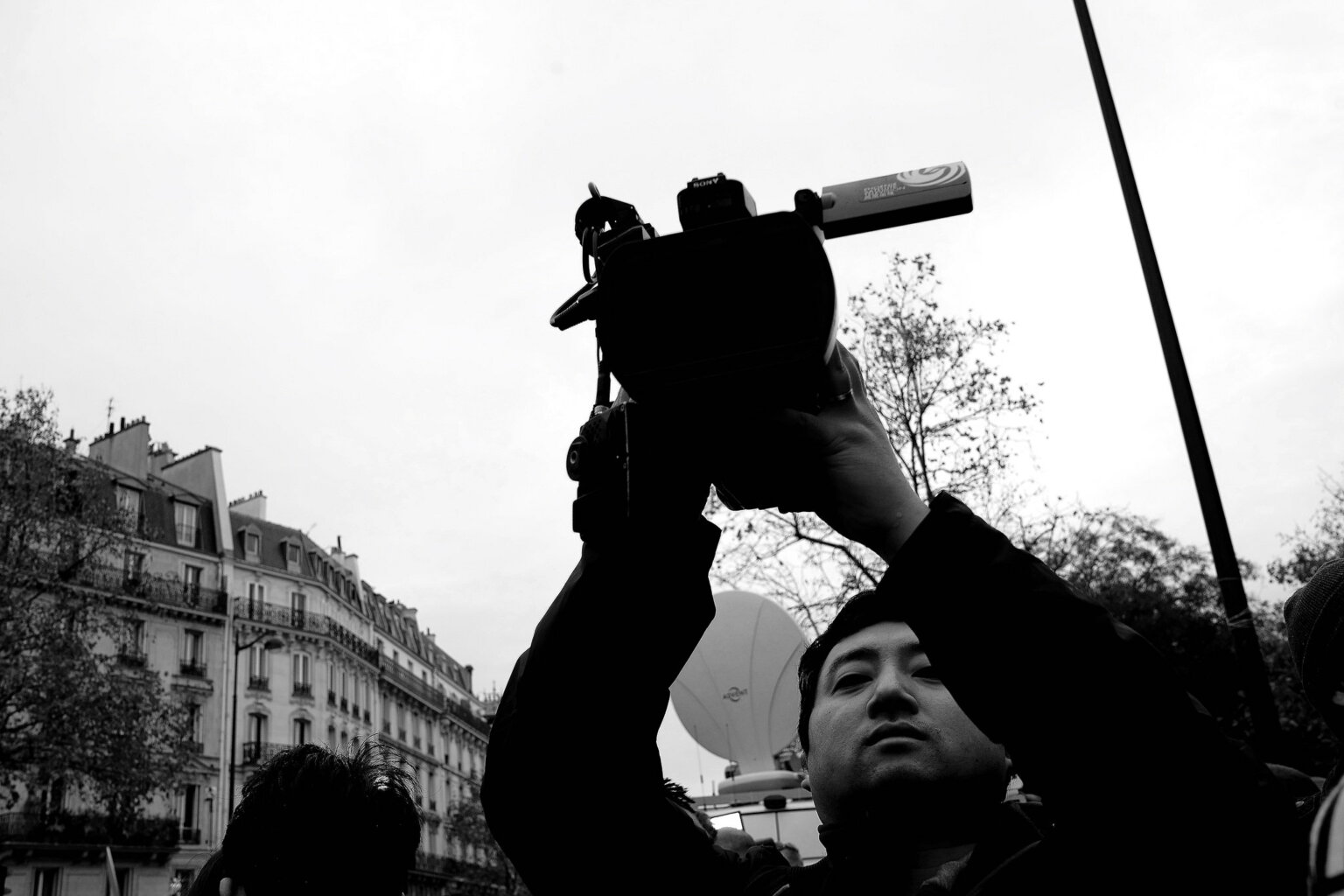- About
- Topics
- Picks
- Audio
- Story
- In-Depth
- Opinion
- News
- Donate
- Signup for our newsletterOur Editors' Best Picks.Send
Read, Debate: Engage.
| topic: | Freedom of Expression |
|---|---|
| located: | India, Pakistan |
| editor: | Mir Musab |
On 17 October, Kashmiri Pulitzer prize-winning photojournalist Sanna Irshad Mattoo was for the second time barred from travelling to the United States where she was scheduled to attend the Pulitzer awards ceremony. Since 2019, when New Delhi stripped the Indian-administered Kashmir of its semi-autonomous status, the Indian government has prevented several Kashmiri journalists, including Mattoo, from international travel in what is seen as another crackdown on freedom of the press.
Kashmir is a disputed region claimed both by India and Pakistan. For decades, it has been the epicentre of conflict between the two nuclear powers. Journalists in Kashmir have played a vital role in disseminating news from the most remote corners of Kashmir, reporting from ground zero even when they did not have access to basic facilities like the internet. The rights of Kashmiri journalists have been crippled especially after the erstwhile state lost its autonomy. In recent years, the curbs and assaults on journalists have intensified and the restrictions on freedom of the press in Indian-administered Kashmir have become a serious threat to freedom of speech and expression.
The crackdown on Kashmiri journalists comes at a time when India's press freedom rank has dropped from 142 in 2021 to 150 out of 180 countries on the 2022 World Press Freedom Index. Experts say the fall in the rankings is largely due to the punitive action against journalists in Kashmir and action against dissidents in mainland India.
The Supreme Court of India has, in past judgments, ruled that the right to travel is a fundamental right of every citizen and authorities can prevent a citizen from flying outside the country only if they are undergoing a trial or if they are wanted by the law. Nevertheless, when Mattoo and other independent journalists, like Aakash Hassan and Gowhar Geelani, have been stopped from travelling abroad, the Indian government has provided no justification for the ban. As the government remains silent on the matter, it is for journalists to challenge the denial in a court of law.
Stopping any civilian from travelling without a legal justification amounts to a violation of the norms of justice and the fundamental rights of that individual. Article 12 of the 1966 International Covenant on Civil and Political Rights, which India has ratified, gives everyone the right to leave any country, including their own. In fact, the Indian Constitution guarantees the right to life and personal liberty to all citizens. As such, stopping journalists from flying abroad without any legal justification or following procedure reflects the government’s policy towards the media.
Kashmir's media has faced an unprecedented clampdown in recent years. Many journalists have been jailed while countless have been intimidated, beaten and booked in different criminal cases. Yet a sizable number of journalists continue to report in the most adverse and hostile conditions.
2 November is observed as the ‘International Day to End Impunity for Crimes against Journalists’. To ensure the freedom of press in Kashmir, the ruling government needs to support the independence of journalists and media organisations. There is an urgent requirement for the international organisations like the UN to address the issues and devise a holistic approach to safeguard the freedom of press in Kashmir. There needs to be a balance of powers so that the authorities stop prosecuting journalists under the garb of sedition, counterterrorism, and national security laws.
Photo by Amar De

